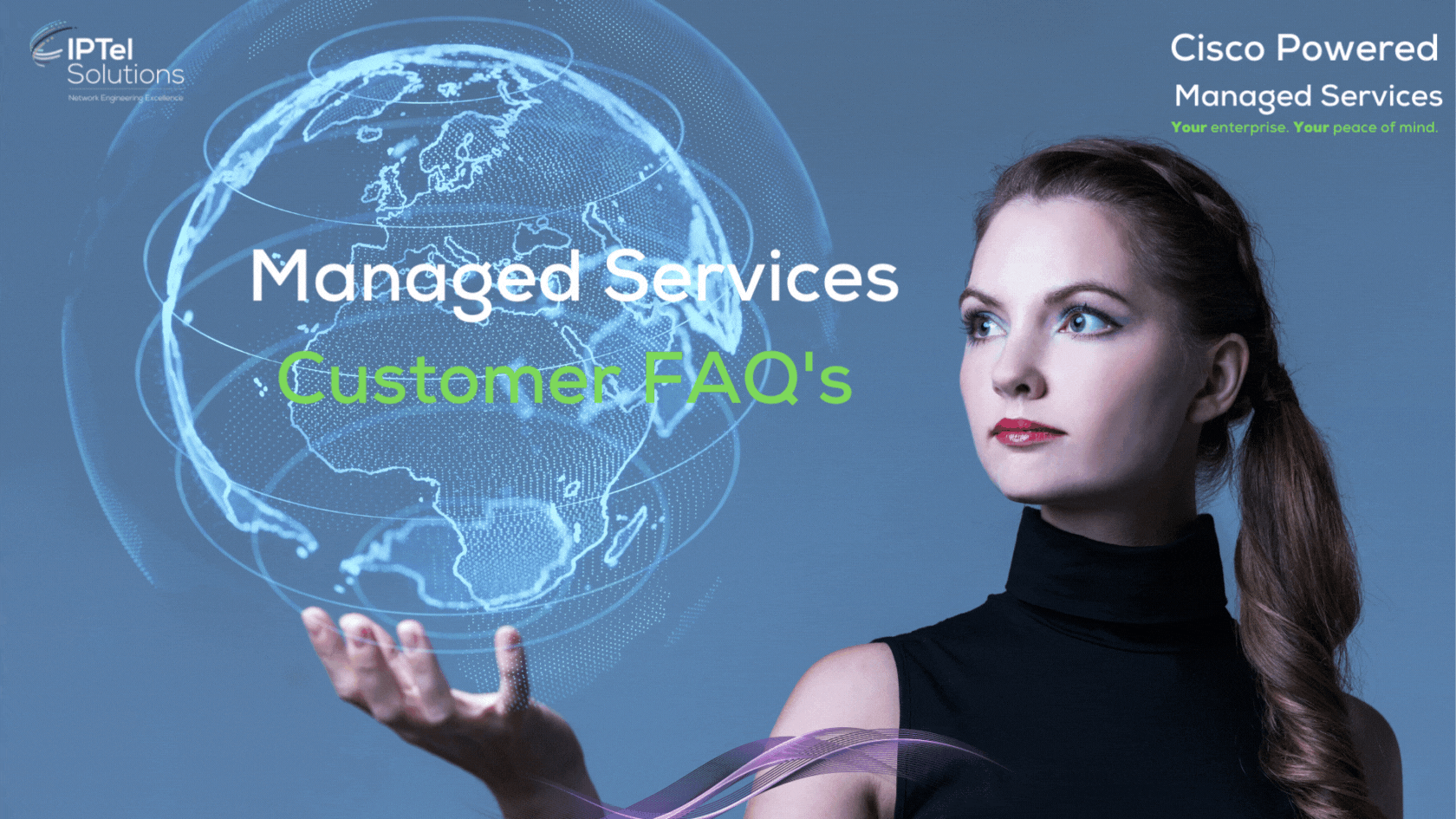Managed Services - Is your MSP right for you?
Selecting the correct Managed Services provider for your business can seem a daunting task and huge investment. Through best intentions though it may not work out, and a company might choose to leave a managed service provider (MSP) for various reasons.
While MSPs offer several advantages, there can be situations where the relationship is no longer beneficial or sustainable.

We use this blog to address some of the common reasons for a company to consider leaving an MSP and explore how IPTel are different in the MSP Solution we provide for our customers.
ASSOCIATED BLOGS:
- D3 - Meraki Access
- D4 - Meraki SD-WAN
- D6 - Cisco Secure Access
- Managed Services: Top 5 Benefits
- Top 8 Secrets to Great Wi-Fi
- Meraki Managed Service
Cost Concerns
).png?width=325&height=325&name=Managed%20Services%20Overview%20flyer%20(Instagram%20Post%20(Square)).png) The cost of MSP services can be a significant factor in the decision to stick or twist.
The cost of MSP services can be a significant factor in the decision to stick or twist.
There are a number of different pricing models that MSP's will implement whether that is on a Per User/Device, Monitoring Only, Tiered levels of services right through to an 'All you can eat' offering.
Each potential MSP customer needs to prioritise what they want from their Provider and if that MSP has flexibility within their offering to meet your requirements.
At IPTel we are flexible in our approach and can cater our products and level of service to meet your budget requirements.
ASSOCIATED BLOGS:
Inflexible Services
).gif?width=228&height=228&name=X2%20-%20Managed%20Services%20(Instagram%20Post%20(Square)).gif) As companies grow and evolve, their IT needs will undoubtedly change.
As companies grow and evolve, their IT needs will undoubtedly change.
Whether it's a shift from on-prem to a hybrid or a full cloud solution, swapping hardware vendors or just the introduction of different SaaS offerings and applications into the business.
It is critical that your MSP can accommodate and flexible to meet your ever evolving technological and business requirements. Failure on the MSP side to assist change with the customer is a primary reason for a customer looking to change and switch providers.
At IPTel we offer our customers Support credits and Hours on a monthly basis. These hours are to be utilised however you want to make the most out of your MSP agreement.
ASSOCIATED BLOGS:
Communication & Support Issues
).png?width=224&height=224&name=Managed%20Services%20Cisco%20Gold%20Provider%20(Instagram%20Post%20(Square)).png) Fundamentals of a successful MSP -> Customer partnership is effective communication and responsive support.
Fundamentals of a successful MSP -> Customer partnership is effective communication and responsive support.
Although a Provider is tasked with looking after your environment there are key lines of communication that need to be managed to ensure the customer is confident their environment is being managed effectively.
Vital lines of communication include Incident Management (Major Incident Comms), Change Mangement (CAB), Reporting, Billing and many others.
If the MSP is unresponsive, has poor communication practices, or lacks adequate customer support, the company may look for a provider with better communication channels and support services.
ASSOCIATED BLOGS:
Quality Of Service
.gif?width=224&height=224&name=Managed%20Services%20Incident%20Management%20(Instagram).gif) The ability for an MSP to provide high quality of service especially in the technical space is really where customers view the value of a Managed Service.
The ability for an MSP to provide high quality of service especially in the technical space is really where customers view the value of a Managed Service.
Some MSP's have a refined and short list of their responsibilities and scope of their support which can be rigid in its approach and make the customer feel they are not getting full value for money.
The standard of work included in a scope also needs to be of high quality and professionally delivered. If a customer doesn't view that level being delivered, they may look to alternative providers.
'Network Engineering Excellence' is our company motto, and we mean it!
ASSOCIATED BLOGS:
Summary
In this blog, we have provided an overview of some of the key concerns and questions customers have when working with a MSP.
At IPTel our MSP Products and solutions are different and not your standard model.
.jpg?width=209&height=209&name=Cisco%20Powered%20Managed%20Services%20(Instagram).jpg) If you're interested to know more, please complete our managed services request form.
If you're interested to know more, please complete our managed services request form.
Managed Services mean a lot of things to different people. As you can see from this blog, we have built our Managed Service around delivering what's most important for our customers - peace of mind that your network is being looked after.
The managed services proposal allows us to build a service that's right for you. To enable this, we have a range of options in specifying your service. This includes not only X2 but also D3 Meraki Access, D4 Meraki SD-WAN and D6 Cisco Secure Access.
Across these services, we cover your complete Meraki environment, as well as a comprehensive support offering for your Cisco environment.
ASSOCIATED BLOGS:
.png?width=400&height=118&name=IPTellogo-byline-2020-dark-v2-pnd-optimised-500%20(1).png)